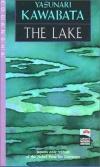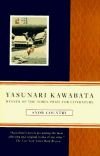
Nobel Prize winner Yasunari Kawabata’s Snow Country is widely considered to be the writer’s masterpiece: a powerful tale of wasted love set amid the desolate beauty of western Japan. At an isolated mountain hot spring, with snow blanketing every surface, Shimamura, a wealthy dilettante meets Komako, a lowly geisha. …
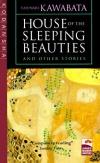
The fusion of reality and fantasy in the minds of the old and the lonely is the central theme of these Japanese stories.
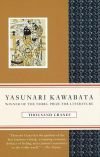
Nobel Prize winner Yasunari Kawabata’s Thousand Cranes is a luminous story of desire, regret, and the almost sensual nostalgia that binds the living to the dead. While attending a traditional tea ceremony in the aftermath of his parents’ deaths, Kikuji encounters his father’s former mistress, Mrs. Ota. At first Kikuji …
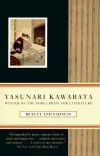
The successful writer Oki has reached middle age and is filled with regrets. He returns to Kyoto to Otoko, a young woman with whom he had a terrible affair many years before, and discovers that she is now a painter, living with a younger woman as her lover. Otoko has continues to love Oki and has never forgotten him, …
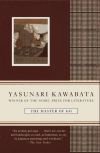
Go is a game of strategy in which two players attempt to surround each other’s black or white stones. Simple in its fundamentals, infinitely complex in its execution, Go is an essential expression of the Japanese spirit. And in his fictional chronicle of a match played between a revered and heretofore invincible …
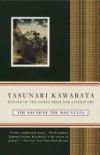
The Sound of the Mountain is a novel by Japanese writer Yasunari Kawabata, serialized between 1949 and 1954. The Sound of the Mountain is unusually long for a Kawabata novel, running to 276 pages in its English translation. Like much of his work, it is written in short, spare prose akin to poetry, which its …
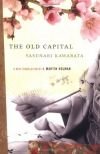
The Old Capital is one of the three novels cited specifically by the Nobel Committee when they awarded Kawabata the Nobel Prize for Literature in 1968. With the ethereal tone and aesthetic styling characteristic of Kawabata's prose, The Old Capital tells the story of Chieko, the adopted daughter of a Kyoto kimono …
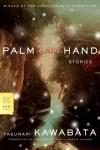
Palm-of-the-Hand Stories is the name Japanese author Yasunari Kawabata gave to more than 140 short stories he wrote over his long career, though he reputedly preferred the reading Tanagokoro for the 掌 character. The earliest story was published in 1920 with the last appearing posthumously in 1972. The stories are …
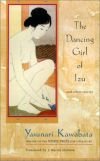
Available again, a newly translated collection of twenty-three stories from one of the most influential figures in modern Japanese literature. "He employs devices from those long poetic traditions in order to create in modern prose his remarkable effects: juxtaposition of image upon image to open up the depths of …

 English
English Español
Español Deutsch
Deutsch
